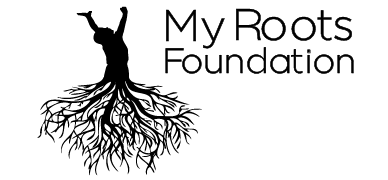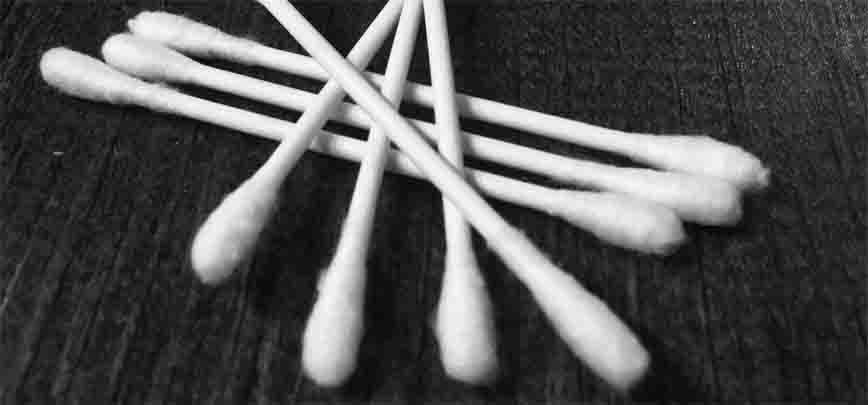29 Jan
2018
Should I use a DNA test kit?
DNA Test Kit
So, you are thinking about using a DNA test kit to further your genealogical research. Before you swab your cheek, and drop it in the mailbox; there are a few things you might want to consider. One important question to think about is “Does the HIPAA Privacy Rule protect genetic information?” According to the Federal Government the short answer is “yes”. The ‘not so short’ answer is more of a ‘sort of.’
Most people think that genetic data is private. They assume this sensitive information simply sits in a secure database, protected from hackers and misuse. According to a recent article; The Privacy Delusions Of Genetic Testing “Customers are wrong to think their information is safely locked away. It’s not; it’s getting sold far and wide. Many testing firms that generally don’t sell patient information, [they] give it away to public databases. Such transfers, as privacy consultant Bob Gellman puts it, leave a “big gap in protections.” Hacks are inevitable. Easily accessible, public genetic depositories are obvious targets.”
Privacy and Rights
Many testing companies state that they “do not claim any ownership rights in the DNA that is submitted for testing,” other clauses in its policies often assert that even if the company does not actually own your DNA (you own your DNA), the company can use that donated DNA however it wants.
The following statement is made in the article What DNA Testing Companies’ Terrifying Privacy Policies Actually Mean
“By submitting DNA to AncestryDNA, you grant AncestryDNA and the Ancestry Group Companies a royalty-free, worldwide, sublicensable, transferable license to host, transfer, process, analyze, distribute, and communicate your Genetic Information for the purposes of providing you products and services, conducting Ancestry’s research and product development, enhancing Ancestry’s user experience, and making and offering personalized products and services.”
What test to take?
Let’s say you move beyond the fears of exposing your DNA to a testing company. Now you must decide which company to purchase your DNA test kit from. The tests available to the public vary in terms of what information they provide and how precise they are. Therefore, it is important to define what you want to know. You will need to determine which test to try and that depends on what you hope to learn. Genetic testing can range from biochemical tests, molecular approach, or simply family history questionnaires. A number of companies that provide DNA testing. Below is a listing of some of the major companies. The links below will also reveal some of the types of tests and the costs involve.
There is one last thing you should consider before you drop a sample of your DNA in the mail. The advantages and disadvantages.
Advantages of a DNA Test Kit
- Early prevention and treatment of disease.
- Peace of mind (finding out that they do not have the gene for a certain disease).
- You can determine parenthood (if you also donate the DNA of mom and/or dad for comparison).
- The results can aid decisions in the future.
- You can learn your percentage of Neanderthal ancestry.
- Learn the countries where your genome may have come from.
- Find people with similar profiles and interests.
- Attempt to contact your living DNA relatives.
- Potentially assist medical research and indirectly benefit from discoveries.
Disadvantages of a DNA Test Kit
- May cause emotional and psychological stress for you. Your results may challenge long held family stories. This may cause tension among family members. You could discover uncomfortable information about you family heritage or biological relationships (e.g., paternity).
- Oversharing of relatives’ information. Your participation could expose relatives to potential risks that they are not aware of or do not consent to. You may learn about your own health risks or carrier status and by extension, the potential risks and carrier status of your relatives.
- Genetic discrimination may happen (your results may be used against you by a spouse or other family member).
- There’s No Going Back (Once certain information is provided, it can Never Be Taken Back.) And please resist the temptation to post your results on Facebook!
- Once you have completed surveys you can never opt out. The testing company retains your data for “internal purposes.”
- Your data could be made public or disclosed to insurance companies.
- It may be more difficult to get life, disability, or long-term care insurance. (GINA only protects against genetic discrimination in employment).
- In the event of a corporate bankruptcy, consumers’ genetic data would most likely be considered a corporate asset. That means is could be sold.
Well, there you have it. It is now up to you to decide if you want to test.
Let us know if you’ve ordered a kit and found a DNA test beneficial or not for your family history research. Please comment below and share your thoughts.






Kate Hansen
on
I loved how you mentioned that you can get early prevention for diseases. My sister and I were thinking about getting our DNA tested to learn more about our ancestors, and we wanted to know more about the other benefits that it could provide. I really appreciate you helping me learn more about the advantages of testing your DNA. https://frylabs.com/services/dna-sequencing/
Mia Evans
on
I totally agree when you said that we must choose the right company to take our DNA test from to ensure that our information is safe. I hope that I can find one that we can trust in our area because I would really want to know if I am the biological daughter of my mom. There are no ill intentions regarding this, but my mom just told me of an incident that happened before, and it would be for peace of mind for the both of us if we get this done now. https://bioidgenomics.com/product/16s-microbial-id-kit/